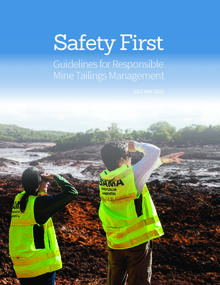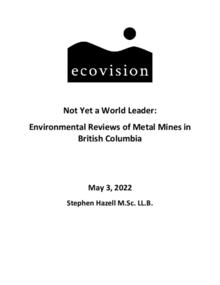Canada’s Systematic Failure to Fulfill its International Obligations to Human and Environmental Rights Defenders Abroad
Corporate accountability experts sent a 30-page submission to the UN Human Rights Council ahead of its April 2023 Universal Periodic Review of Canada, denouncing Canada for its continued diplomatic support of mining companies over the safety of human rights and environment defenders (HRDs).



















